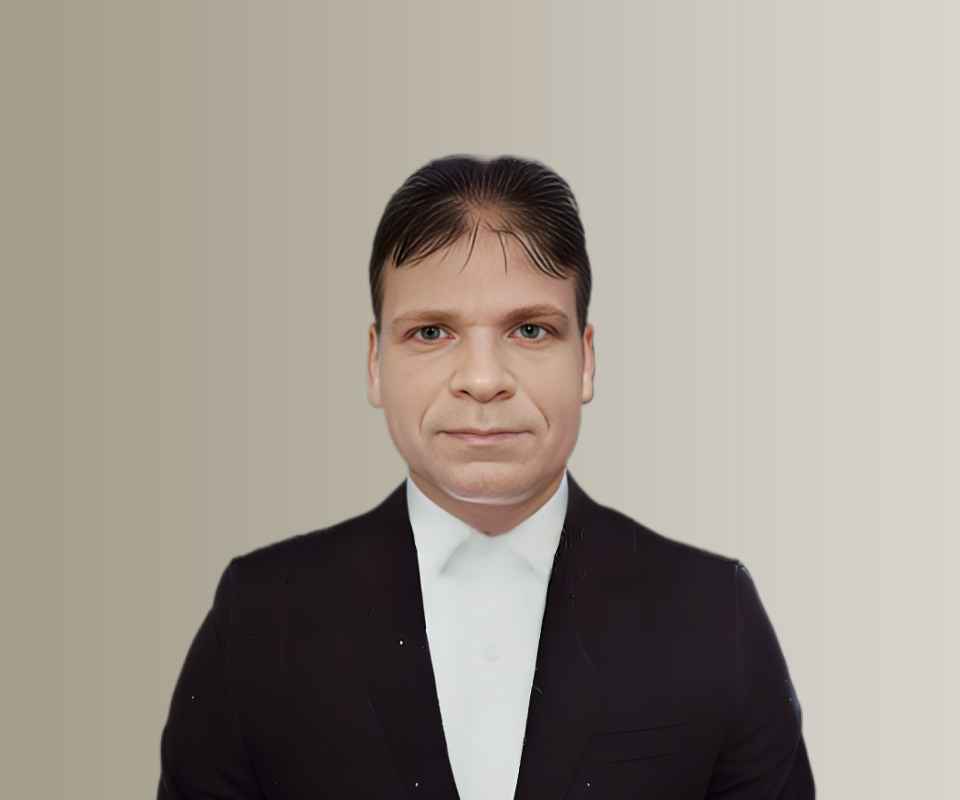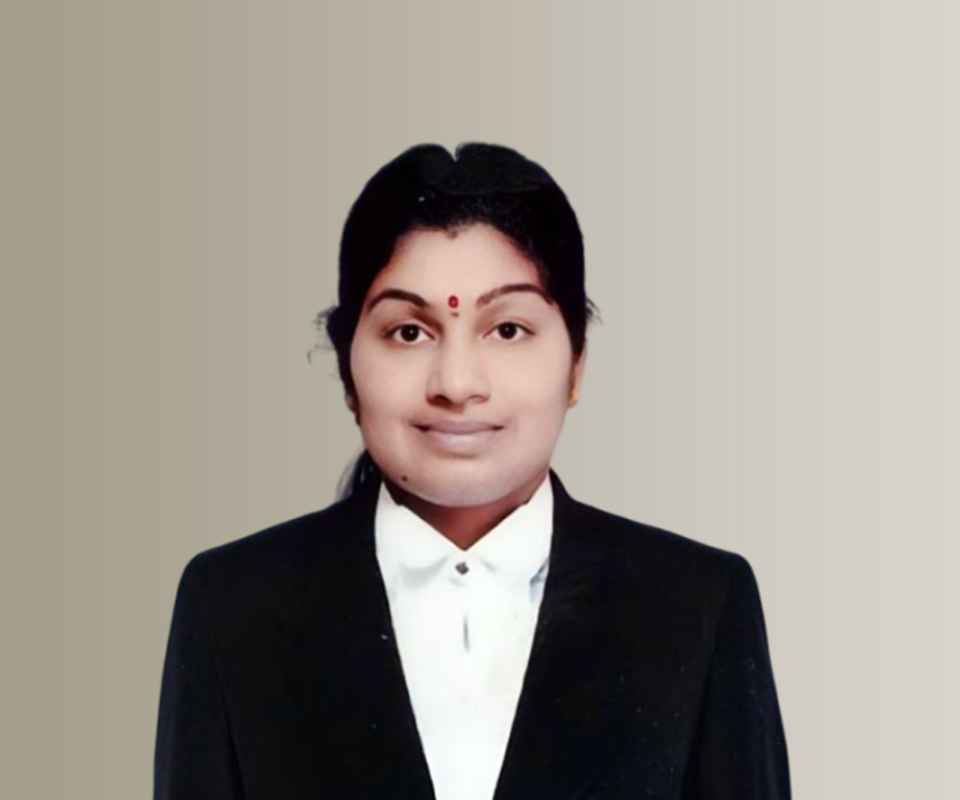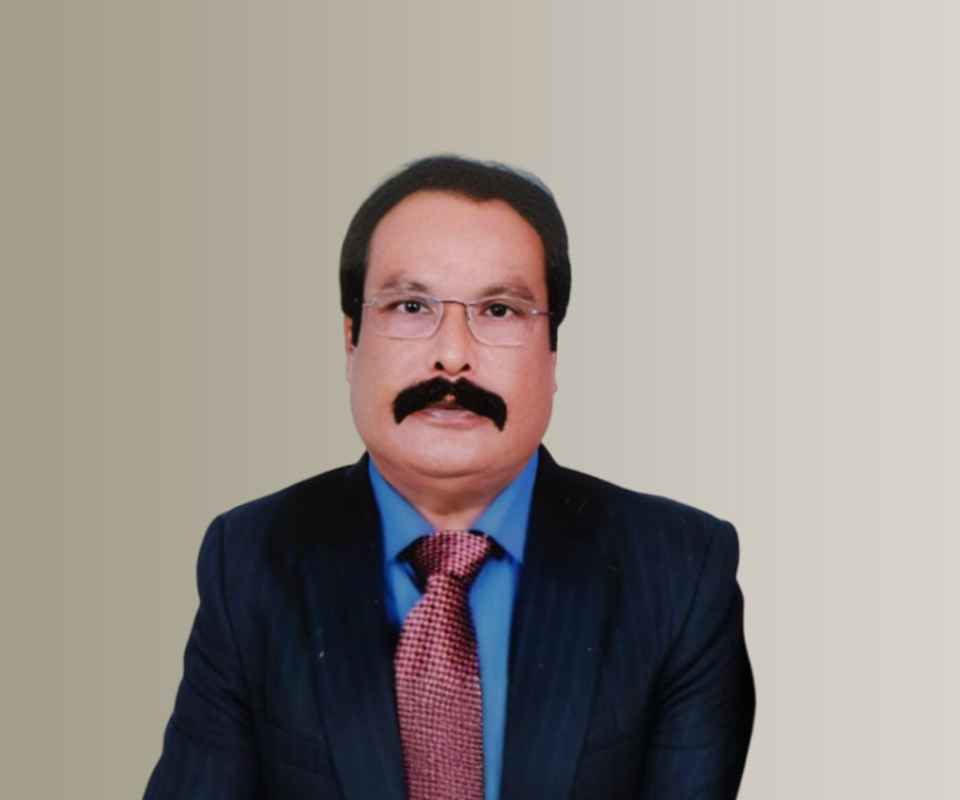Answer By law4u team
Military employees in India are subject to the Constitution of India, but their fundamental rights may be restricted in certain areas due to the unique nature of military service. While they retain basic rights such as the right to life and freedom from discrimination, these rights are balanced with the need for discipline and obedience in the Armed Forces. The Constitution and military laws ensure that military personnel are both protected and held accountable.
Are Military Employees Subject to the Constitution?
1. Fundamental Rights of Military Personnel
Military personnel are citizens of India, and therefore, they are entitled to the fundamental rights guaranteed by the Constitution of India. These include the right to life (Article 21), freedom of speech (Article 19), and protection against discrimination (Article 15), among others.
However, military personnel are subject to certain limitations to maintain discipline and operational readiness. Some of their rights may be restricted under Articles 33 and 34 of the Constitution.
2. Article 33 and Restrictions on Fundamental Rights
Article 33 of the Constitution of India grants the Parliament the power to modify or restrict the fundamental rights of military personnel, paramilitary forces, and the police to ensure proper discharge of their duties and maintain discipline within the armed forces.
This means that freedom of speech, assembly, and association may be limited for military personnel to preserve the structure and discipline of the service.
The right to form unions or political parties, for example, is restricted for military personnel because it could affect the hierarchical structure of the armed forces.
3. Protection Under the Constitution
Despite the restrictions, military personnel still enjoy protection under the Indian Constitution:
- Right to life and personal liberty (Article 21) – even within the military, personnel cannot be deprived of their life or liberty except according to the procedure established by law.
- Right to equality (Article 14) – Military personnel are entitled to equality before the law and protection from discrimination on the grounds of religion, race, caste, sex, or place of birth, as guaranteed by the Constitution.
- Right to education (Article 21A) – Military personnel's children have the right to free and compulsory education up to the age of 14 years.
4. Military Laws and Constitutional Balance
Military personnel are governed by military laws such as the Indian Army Act, the Navy Act, and the Air Force Act. These laws are specifically designed to manage the discipline, conduct, and responsibilities of service members, which sometimes limit the exercise of certain constitutional rights.
For example, military personnel may face court martial (military trial) if they breach military laws, which may not always align with civilian legal procedures.
5. Restrictions on Freedom of Expression
While freedom of expression (Article 19) is a fundamental right, it is subject to reasonable restrictions for military personnel. This ensures that their duty of loyalty to the nation and the military hierarchy is not compromised.
Military personnel are prohibited from engaging in political activities or making political statements that could undermine the neutrality and impartiality of the armed forces.
6. Discipline and Service Conditions
The disciplinary framework within the military, as prescribed by the Army Act, Navy Act, and Air Force Act, imposes specific conditions and duties on military personnel, which are considered essential to maintaining the integrity of the armed forces.
These laws ensure that military personnel adhere to a strict code of conduct, and violation of these codes can result in disciplinary actions or court martial proceedings.
This military discipline may restrict certain civilian freedoms in order to ensure operational readiness, unity, and command structure.
Example
An Indian Army officer may wish to express political views in public, but due to Article 33 and the restrictions under the Army Act, the officer is prohibited from participating in any form of political activities or making public statements that may be seen as controversial or political. This ensures that the armed forces remain politically neutral and disciplined in carrying out their duties.
Conclusion
While military personnel in India are subject to the Constitution and enjoy several fundamental rights, these rights are modified or restricted in certain areas to maintain discipline and the operational effectiveness of the armed forces. The Indian Constitution, particularly Article 33, allows reasonable restrictions on the rights of military personnel, balancing individual freedoms with the unique demands of military service. These constitutional protections ensure that military personnel are not deprived of their basic human rights while fulfilling their duties in service to the nation.






